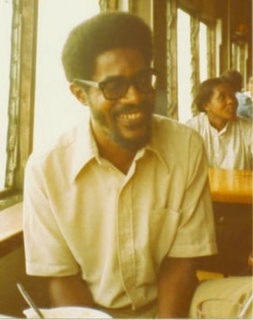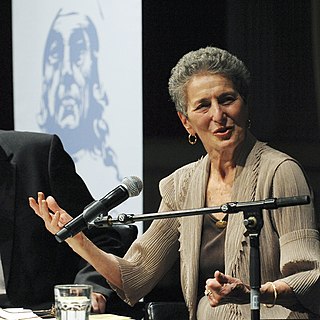A Quote by Paulo Freire
The hope of remaking the world is indispensable in the struggle of oppressed men and women.
Quote Topics
Related Quotes
Having expressed the rage against the laws and conditions that oppressed them - maybe even excess anger in the beginning was directed at men they came in contact with, because it had been pent up too long - women now come from a new position of easier, more comfortable self-affirmation and empowerment. Women are given to tolerance and are more able to love. I hope it happens also to men.
The fortunes of the African revolution are closely linked with the world-wide struggle against imperialism. It does not matter where the battle erupts, be it in Africa, Asia or Latin America, the master-mind and master-hand at work are the same. The oppressed and exploited people are striving for their freedom against exploitation and suppression. Ghana must not, Ghana cannot be neutral in the struggle of the oppressed against the oppressor.
Men create their own gods and thus have some slight understanding that they are self-fabricated. Women are much more susceptible, because they are completely oppressed by men; they take men at their word and believe in the gods that men have made up. The situation of women, their culture, makes them kneel more often before the gods that have been created by men than men themselves do, who know what they've done. To this extent, women will be more fanatical, whether it is for fascism or for totalitarianism.
Carla Hesse has given us an astonishing new look at women's struggle for independent expression and moral autonomy during the French Revolution and afterward. Denied the political and civil rights of men, literary women plunged into the expanded world of publication, answering the men's philosophical treatises with provocative novels about women's choices and chances. Lively and learned, The Other Enlightenment links women from Madame de Stael to Simone de Beauvoir in an alternate and daring path to the modern.
The struggle for independence here has been conducted in equal measure by men and by women. And when we got our independence, no one forgot that. In the Western world, on the other hand, nothing of the kind has ever happened - women have participated, yes, but revolutions have always been made by men alone.




































